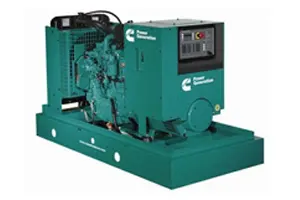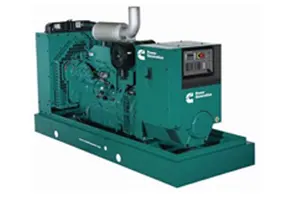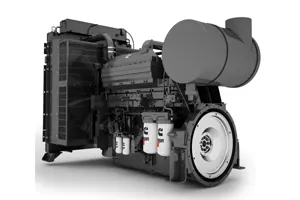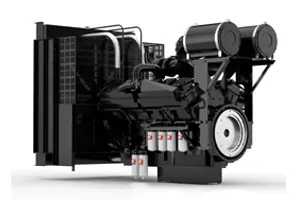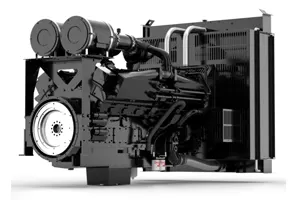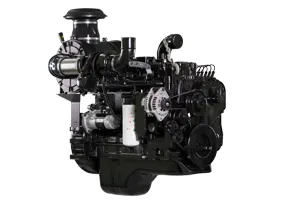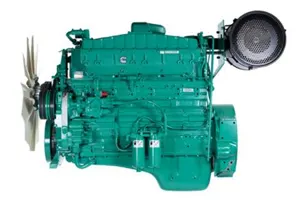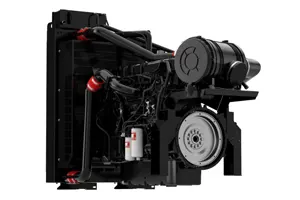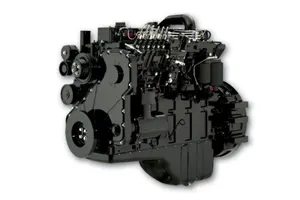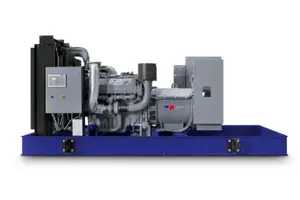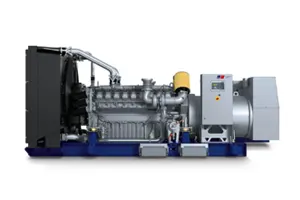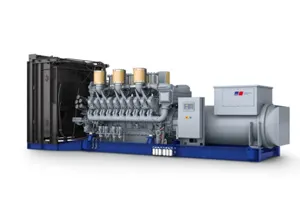Diesel generator sets
We offer various types of diesel generators and diesel generator set solutions
ALL PRODUCTS
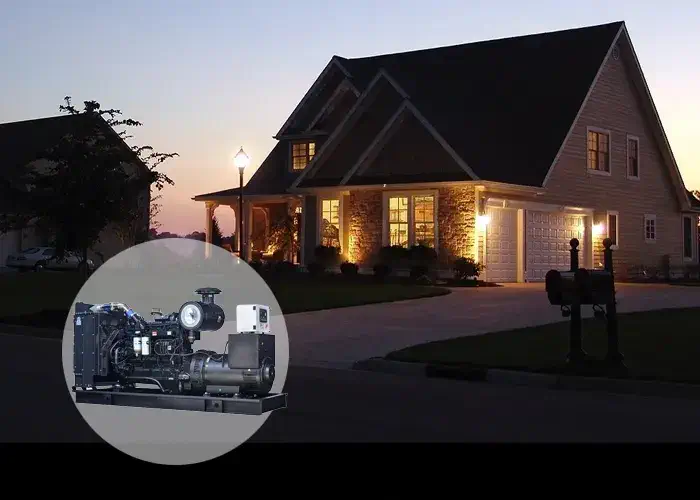
What are the advantages of using leader power diesel generator?
- Higher fuel efficiency: Compared to gasoline generators, diesel engines burn fuel more efficiently, leading to lower operating costs and longer run times on a single tank of fuel.
- Greater power output: Diesel generators are generally available in a wider range of power outputs, making them suitable for powering larger appliances, equipment, and even entire buildings during power outages.
- More durable engines: Diesel engines are known for their robust construction and longer lifespans compared to gasoline engines. This translates to fewer repairs and replacements over time.
- Relatively lower maintenance: While all engines require maintenance, diesel engines typically require less frequent service intervals compared to gasoline engines. This can be a significant advantage, especially for applications requiring continuous operation.
- Safer fuel storage: Diesel fuel is less volatile than gasoline, making it safer to store and handle.
How to calculate power capacity needed for diesel generator?
- Identify your appliances and their wattages
- Consider surge wattages
- Calculate the total wattage
- Account for surge wattages (if applicable)
- Add a buffer
Suppose you want to power a refrigerator (1000W running, 1500W surge), a microwave (1200W running, 1800W surge), and a TV (200W).
- Total running wattage: 1000W (fridge) + 1200W (microwave) + 200W (TV) = 2400W
- Total surge wattage: 1500W (fridge) + 1800W (microwave) = 3300W
- Higher value: 3300W (surge) is higher than 2400W (running)
- Wattage with buffer: 3300W * 1.1 = 3630W
Therefore, in this example, you would need a diesel generator with a minimum power capacity of 3630 watts to safely power your appliances.
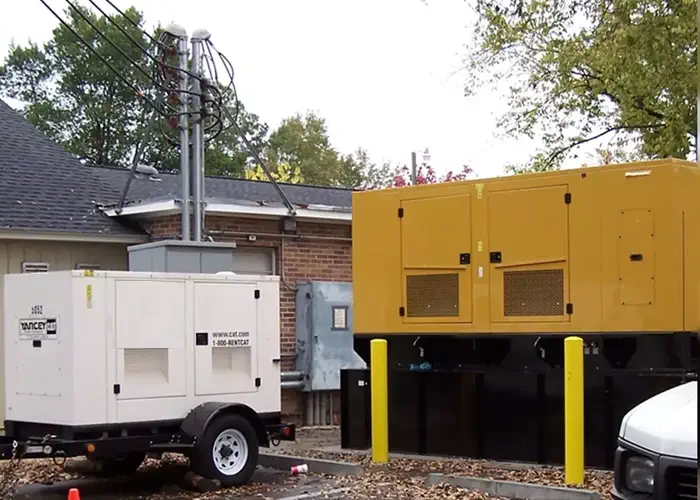
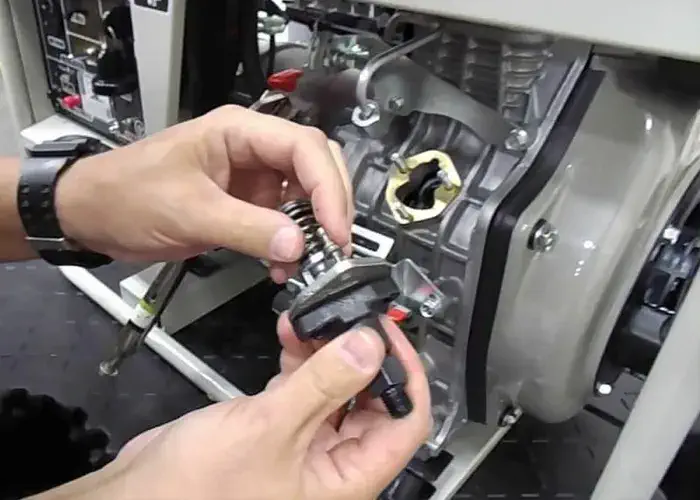
How to maintain a diesel generator for optimal performance?
- Visually inspect the generator: Look for any leaks, cracks, or loose connections. Check for debris buildup around the air intake and exhaust vents, and ensure they are clear. Inspect the battery terminals for corrosion and clean them if necessary.
- Monitor fluid levels: Regularly check the engine oil, coolant, and fuel levels. Maintain the recommended levels by adding or topping off as needed. Refer to the owner's manual for specific capacities and recommended fluids.
- Oil and filter changes: Engine oil and filters should be changed at regular intervals according to the manufacturer's recommendations, typically every 50-100 hours of operation or annually, whichever comes first. This helps remove contaminants and ensures proper lubrication.
- Air filter cleaning/replacement: Clean or replace the air filter regularly to prevent dust and debris from entering the engine, which can affect performance and efficiency. Refer to the manual for cleaning instructions and replacement frequency.
- Battery maintenance: Clean the battery terminals and maintain proper connections. Check the electrolyte level periodically and add distilled water if necessary. Consider replacing the battery every 3-5 years or as recommended by the manufacturer.
Don't Want To Miss Our Discount Information?
Please fill in your email in the form and never miss our discount again

